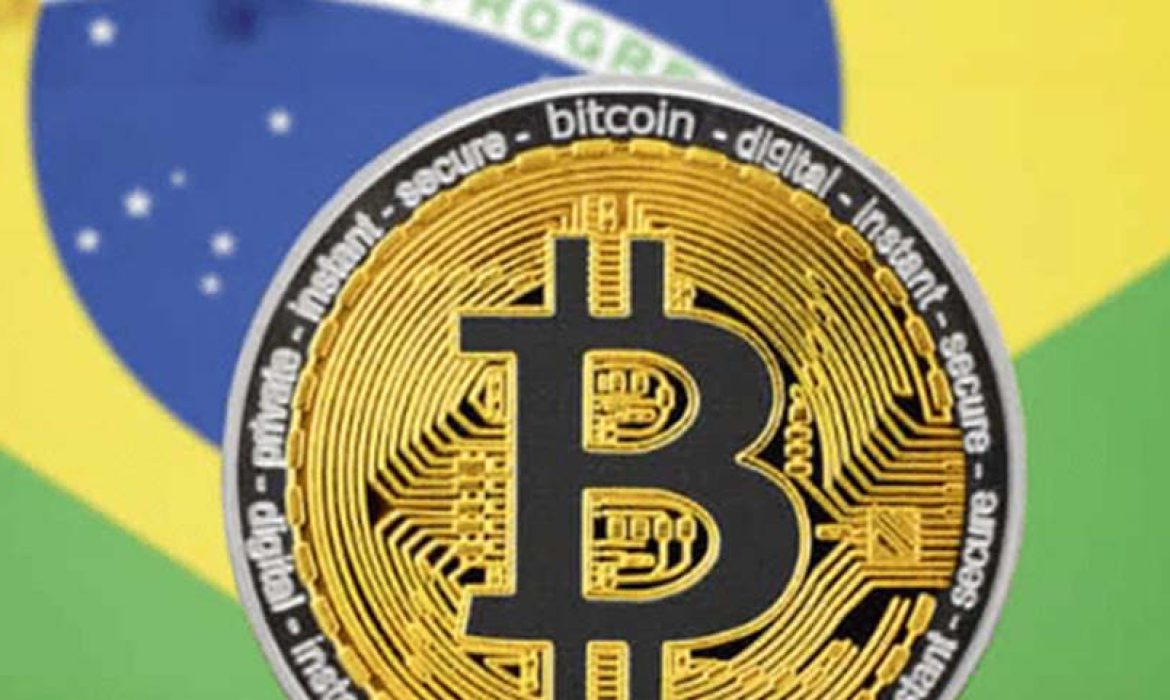With the bill approved in Brazil, cryptocurrencies have taken an important step towards adoption in the Latin American country. After the law goes into effect, Bitcoin will be able to be used as a means of payment in the country, and cryptocurrencies will also gain investment vehicle status. The use of cryptocurrencies in payment transactions is expected to take place under the supervision of the Brazilian Central Bank.
The approved bill also includes a clause to establish a unit to oversee the cryptocurrency industry. In this way, companies operating as crypto money service providers in the country will be strictly regulated. Thus, foreign organizations that want to operate in the country will be included in the scope of the license.
Among the regulatory rules that came to the fore in the draft law, it is important to keep customer funds separate from exchange funds, which has caused great controversy in recent days. As it is known, FTX, which brought the crypto market into chaos once again, could not meet the demands of mass withdrawals due to the use of customer funds in its commercial activities and went bankrupt.
The final obstacle to the cryptocurrency bill is Presidential approval
Presidential approval is required for this bill, which is seen as an important step in the adoption of cryptocurrencies, to be implemented.
In this process, it may take some time for the bill to become law. Because in the elections held in October in Brazil, the current President Jair Bolsonaro was narrowly defeated by his rival Lula da Silva. Discussions of post-election fraud dragged the country into political chaos for a while. Bolsonaro later thanked his voters, expressing that the law should be respected and demanded an end to the protests.
The candidate who won the election, Lula da Silva, is expected to take office with the new year. Lula da Silva's view on cryptocurrencies is to align local practices with international standards in order to prevent illegal activities in the country. In this context, the decision on the enactment of the bill may be left to the new President, Lula da Silva.

